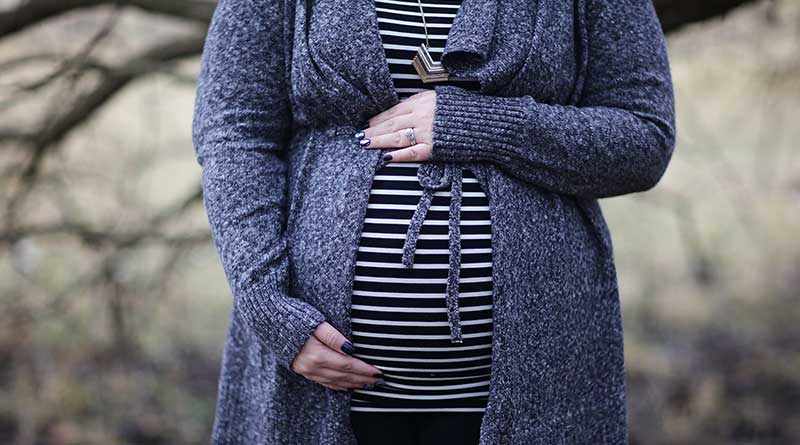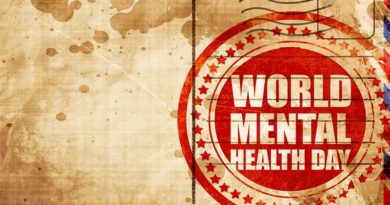Expecting better

March 31st was Mother’s Day in the UK (American moms need to wait until 12th May for their special day in 2019). Thanks go to ‘Rebecca’ for the topic for this week’s note, which is about the health messages that women are given during pregnancy. Rebecca married the son of some friends of ours and became pregnant soon after. When I saw her recently, she told me about a book that every pregnant woman should read (or anyone who might know someone planning/having a baby.)
The book is called “Expecting better” (2013) and it was written by an economics professor at the University of Chicago, Dr Emily Oster. Oster teaches microeconomics to MBA students, so it’s fair to say that analysing data is core to what she does. When she became pregnant, she became more aware of the typical messages that are handed out: “you can only have two cups of coffee a day” or “you should have an amniocentesis only if you are over 35”. Her doctor thought that one or two drinks a week was “probably fine.” Oster didn’t find ‘probably fine’ scientific enough. She decided to see what the evidence base was for these messages and – guess what – she couldn’t find much.
The book tackles everything from pre-conception to birthing options and all the trimesters in between. It looks at the evidence for the vices in pregnancy – smoking, drinking and caffeine – as well as food, exercise and medications. On pre-conception, Oster found that fertility does decline with age, but that the age of 35 is not a magic cut-off before which the chances of conceiving are good and after which the chances of conceiving are bad. She found that obesity was more of an issue – that obese women found it more difficult to get pregnant, more difficult to sustain a pregnancy (greater risk of miscarriage) and that they were more likely to have complications during pregnancy and childbirth.
While we’re on conception, Oster covered the development of pregnancy tests from the 1920s – when doctors identified a hormone, hcG, that is secreted in the urine of pregnant women – to the present day where tests boast that they can detect pregnancy as soon as an egg is fertilized. Oster points out that knowing immediately that you are pregnant may not be ideal. The first review she quoted estimated that 50% or more of fertilized eggs don’t end up as pregnancies (Ref 1). A 1980s study in the New England Medical Journal (NEMJ) followed women who were trying to get pregnant and tested their urine daily. This study found that 22% of pregnancies ended in miscarriage before they would have been picked up by standard pregnancy tests available at the time (Ref 2).
The rest of this article is available to site subscribers, who get access to all articles plus a weekly newsletter.
To continue reading, please login below or sign up for a subscription. Thank you.




